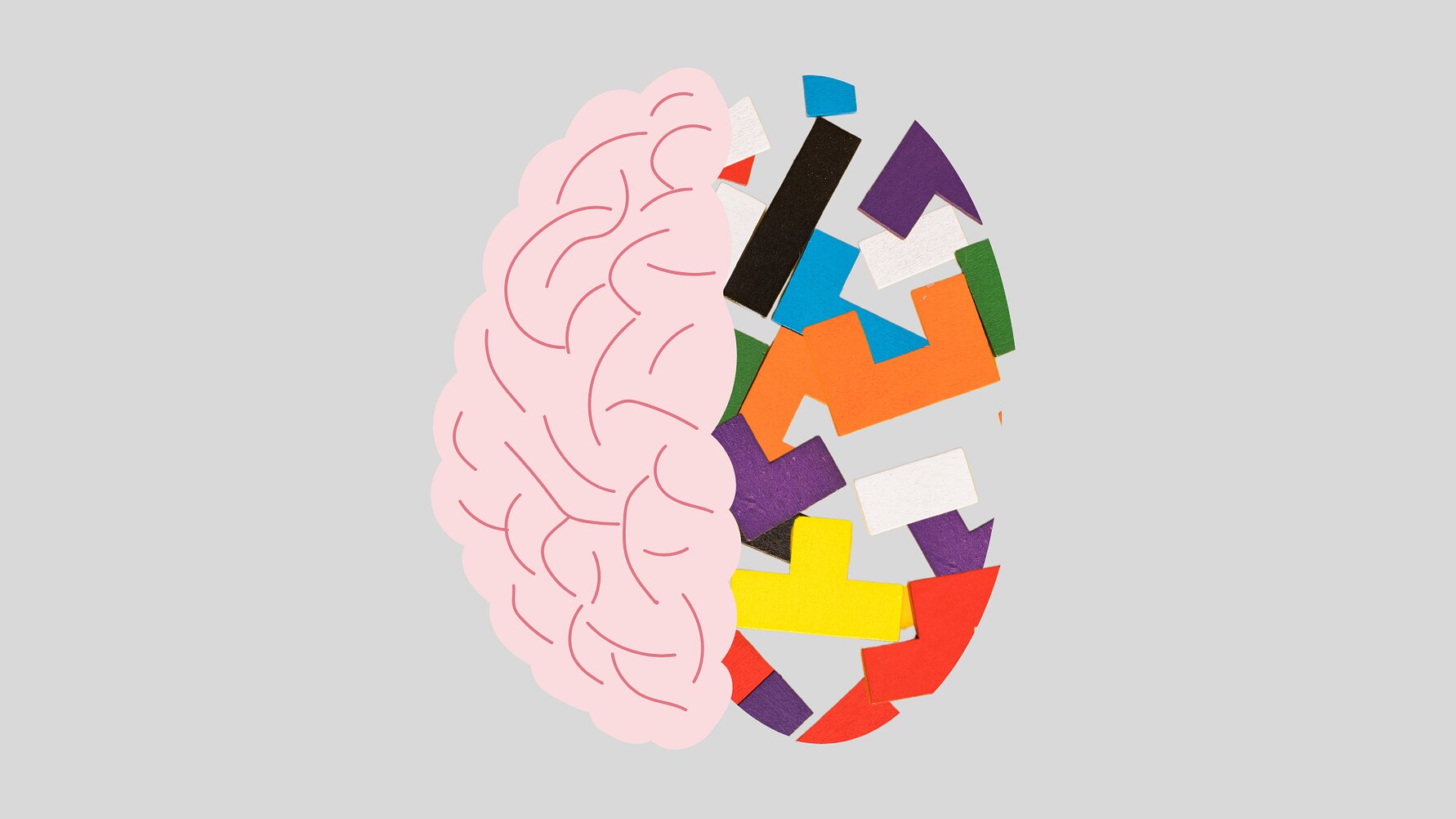Can Medical Cannabis Provide Symptom Relief for PTSD?
Post-Traumatic Stress Disorder (PTSD) is a complex anxiety disorder that arises from experiencing traumatic or distressing events. Those affected by PTSD often suffer from persistent anxiety, flashbacks, panic attacks, and nightmares, which can severely impact their daily lives.

The Connection Between Cannabis and PTSD
Since the legalisation of medical cannabis in countries such as the UK, USA, Australia, and Canada, researchers have been investigating its potential to alleviate symptoms of disorders like PTSD and anxiety. The cannabis plant contains over 110 cannabinoids, including the most well-known: tetrahydrocannabinol (THC) and cannabidiol (CBD). These cannabinoids interact with the body’s endocannabinoid system (ECS), which plays a significant role in regulating functions such as mood, sleep, appetite, and memory.
Interestingly, research suggests that PTSD may be linked to a deficiency in the body’s natural endocannabinoids, making cannabis a potential tool to help modulate this imbalance and manage symptoms.
Research on Medical Cannabis for PTSD
Several studies have explored how cannabis could help with PTSD symptoms:
-
A study from a university in Detroit examined the effect of cannabis on the amygdala, a part of the brain involved in fear responses. The results suggested that low doses of THC may reduce anxiety and fear.
-
A Brazilian study investigated the effect of cannabis on the emotional intensity of traumatic memories. The researchers found that THC, alone or combined with CBD, could reduce the distress linked to triggering memories, a major symptom in PTSD.
-
In a 2014 study published in the Journal of Psychoactive Drugs, PTSD patients reported up to a 75% reduction in their symptoms after using medical cannabis.
Potential Benefits of Medical Cannabis for PTSD
For those living with PTSD, medical cannabis could provide several benefits:
-
Reduced anxiety and depression: Due to its calming properties, cannabis has been shown to ease anxiety and stress.
-
Better sleep: Research indicates that THC can improve sleep by helping individuals fall asleep more easily and extending their sleep duration.
-
Fewer flashbacks and nightmares: Cannabis may help reduce the frequency and severity of traumatic memories and nightmares.
-
Improved mood and quality of life: Many patients report feeling more relaxed and emotionally balanced after using cannabis, which can lead to an enhanced quality of life for PTSD sufferers.
Types of Cannabis Products for PTSD
CBD vs THC: Which is More Suitable?
Both CBD and THC can have positive effects for PTSD patients, but higher doses of THC have been associated with increased anxiety. In contrast, CBD generally has anxiolytic (anti-anxiety) properties, making it a better choice for many patients. However, the most effective form of cannabis varies from person to person.
Different Cannabis Products:
-
Dry leaf: This form must be vaporised to feel the medicinal effects.
-
Edibles: These typically contain regulated doses of cannabis oil. Edibles take longer to act as they need to pass through digestion, but their effects can last longer.
-
Tinctures: Usually taken under the tongue or added to food, tinctures offer a higher absorption rate than edibles.
-
Pills: Easy to administer, with regulated doses, but often the most expensive option.
Risks and Side Effects of Medical Cannabis
Although medical cannabis offers potential benefits for PTSD, it is not without risks. Common side effects include:
-
Dependency: Some users may develop a reliance on cannabis.
-
Cognitive issues: Cannabis use can lead to difficulties with memory, concentration, and focus.
-
Increased anxiety: High doses of THC may cause heightened anxiety or panic in some individuals.
-
Increased heart rate: Cannabis can raise heart rate, which may be a concern for those with heart conditions.
-
Interactions with medication: Cannabis may interact with certain pharmaceuticals, such as antidepressants and benzodiazepines.
